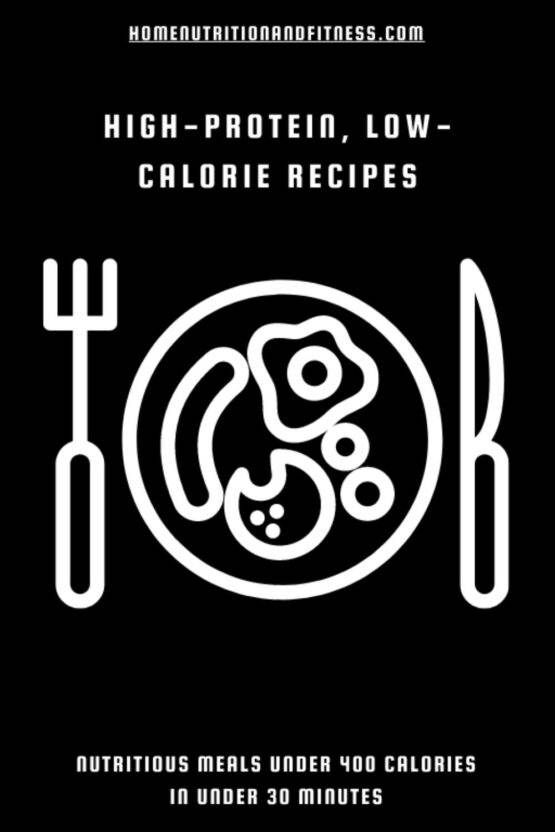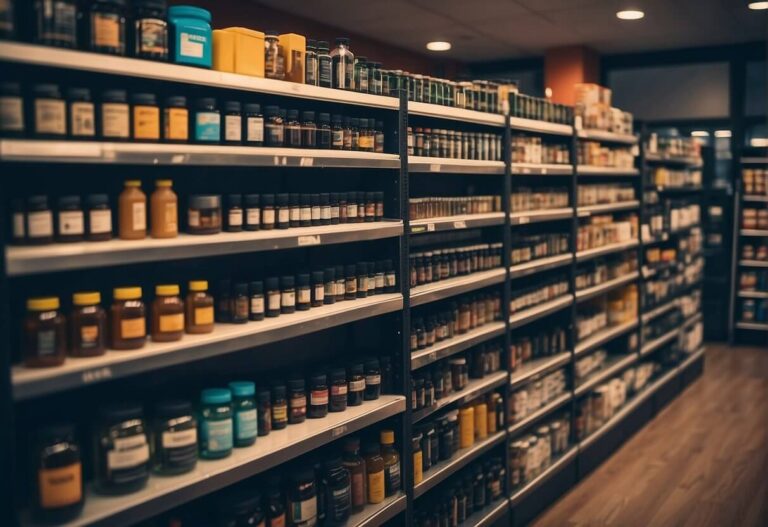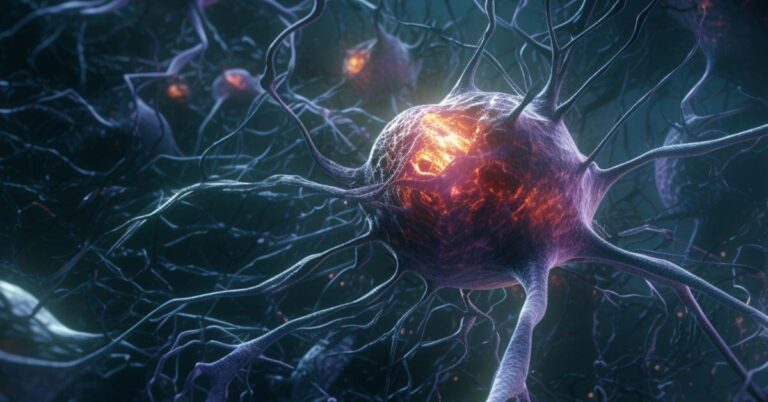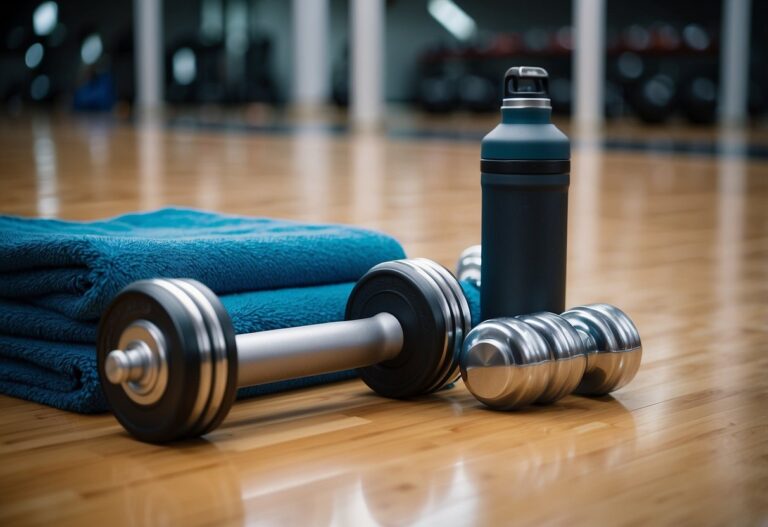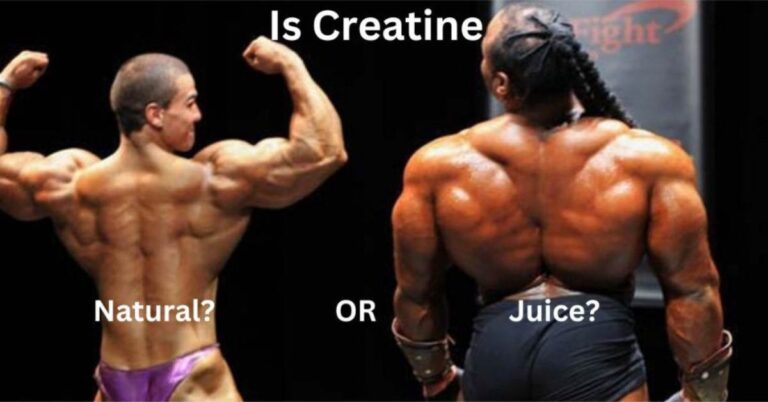A clear indicator of someone’s commitment to muscle building is how they handle alcohol consumption.
Research shows that alcohol intake can significantly impede muscle growth.
Combining heavy alcohol consumption with muscle-building efforts is not conducive to progress.
Understanding the negative impact of alcohol on muscle growth is crucial, especially with peer pressure to drink in social settings.
1. Impairs Protein Synthesis and Limits Growth Hormone Release
Drinking alcohol can slow down the process of building muscle.
When you work out, your muscles need protein to grow stronger. However, alcohol affects this protein synthesis, making it harder for muscles to increase in size.
Additionally, alcohol can interfere with the release of growth hormone, which is important for muscle growth.
Excessive drinking may reduce growth hormone production by up to 70%, impacting muscle development.
If you’re wondering why you’re not seeing muscle gains, consider how alcohol consumption could be playing a role in hindering your progress.
2. Delays Healing Process
Efficient workout recovery leads to more muscle gains.
While some may seek quick fixes like pills, alcohol consumption can hinder muscle recovery significantly.
During training, muscles experience micro-damage, and alcohol’s impact on protein synthesis delays proper recovery.
3. Impaired Metabolism Affects Fat Burning and Promotes Weight Gain
When you drink alcohol, your body uses it for energy first before turning to calories from carbs and fat.
If weight loss is a priority, cutting out alcohol can be beneficial.
Alcohol contains “empty calories,” which are calories without any real nutritional benefit.
These empty calories contain 7 calories per gram. For instance, a small 30 ml drink can add about 100 unnecessary calories to your diet.
4. Accelerates Dehydration and Impedes Muscle Hydration
It has long been understood that muscle cells containing water provide an optimal environment for muscle growth.
Alcohol, however, dehydrates these cells, impeding muscle development.
Additionally, alcohol interferes with the absorption of essential nutrients necessary for the proper function of muscle fibers during contraction and relaxation.
5. Marked Decrease in Testosterone Production
Alcohol is known for lowering testosterone and increasing estrogen levels, primarily found in women. When you’re highly intoxicated, your body sees a significant drop of about 30% in testosterone levels.
In simple terms, the more alcohol you consume, the more your testosterone levels decrease.

